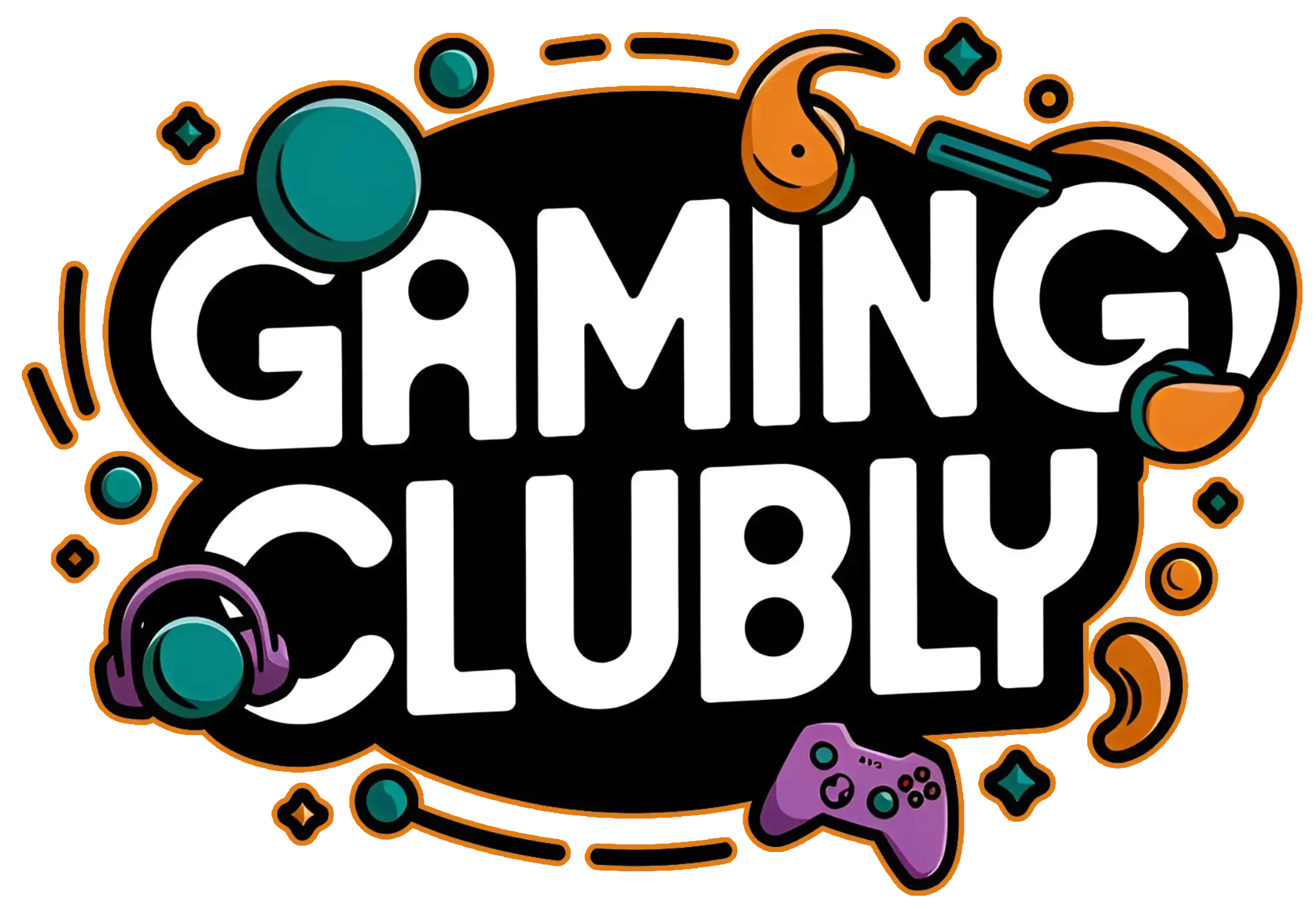Game Dev Insights: From Concept to Launch
| Phase | Duration | Key Activities |
|---|---|---|
| Concept | 1-3 months | Brainstorming, market research |
| Pre-production | 3-6 months | Prototyping, design documents |
| Production | 6-18 months | Asset creation, coding, testing |
| Launch | 1-2 months | Marketing, distribution, support |
The game development process is a thrilling adventure that takes you from a spark of imagination to a fully-fledged interactive experience. Let’s explore the key stages:

#GameDevelopment, #BehindTheScenes, #GamingIndustry
- Concept: Where ideas come to life
- Pre-production: Planning and prototyping
- Production: Bringing the game world to reality
- Testing: Polishing the player experience
- Launch: Sharing your creation with the world
“Creating a game is like crafting a dream that others can step into and explore.” – Shigeru Miyamoto, Creator of Mario and Zelda
FAQ: Game Development Insights
Q: How long does it take to develop a game?
A: Game development timelines vary widely, from a few months for indie games to several years for AAA titles.
Q: What skills are needed in game development?
A: Essential skills include programming, art and design, project management, and storytelling.
Q: How much does it cost to develop a game?
A: Costs range from a few thousand dollars for small indie games to hundreds of millions for major studio productions.
5 Tips for Aspiring Game Developers
- Start small and finish projects
- Learn a versatile game engine like Unity or Unreal
- Collaborate with others and build a network
- Play diverse games and analyze their mechanics
- Stay updated with industry trends and technologies
According to a 2021 GDC survey, 44% of developers reported their games were delayed due to the COVID-19 pandemic, highlighting the importance of adaptability in the industry.
The Role of Community in Game Development

| Community Aspect | Impact on Development |
|---|---|
| Early Access | Real-time feedback and bug reporting |
| Modding | Extended game life and creative input |
| Crowdfunding | Financial support and market validation |
The gaming community plays a crucial role in shaping the development process. From early access programs to modding communities, players are more involved than ever in the creation of their favorite games.
- Beta testing provides invaluable feedback
- Community forums shape game features
- User-generated content extends gameplay
- Streamers and influencers boost visibility
“The best games are those that evolve with their community, creating a dialogue between developers and players.” – Gabe Newell, Co-founder of Valve
FAQ: Gaming Communities and Development
Q: How can I contribute to game development as a player?
A: Participate in beta tests, provide feedback, and support indie developers through platforms like Kickstarter.
“Empowering Gamers: Shaping the Future of Game Development”
Q: What is the impact of modding on game development?
A: Modding can extend a game’s lifespan, inspire new features, and even lead to standalone games.
Q: How do developers balance community requests with their vision?
A: It’s a delicate process of listening to feedback while maintaining the core game concept and quality standards.
Best Practices for Community Engagement
- Maintain transparent communication
- Implement a system for prioritizing feedback
- Recognize and reward community contributions
- Host regular events and Q&A sessions
- Provide tools and support for modders
A study by Unity found that games with active modding communities see an average 15% increase in player retention rates.
“Boost Player Retention by 15%: The Power of Modding Communities”
Understanding the game development process and the role of community can deepen your appreciation for the craft. Whether you’re an aspiring developer or a passionate gamer, your involvement can shape the future of interactive entertainment. For more insights into the gaming world, check out our Game Dev Insights section, explore Gaming Communities, or dive into the latest Multiplayer Games. Stay tuned to our PC News for the latest updates in the gaming industry!
Behind the Scenes: Unveiling the Game Development Process
Ever wondered how your favorite video games come to life? Let’s pull back the curtain and explore the fascinating journey from concept to launch in the world of game development. Buckle up, gamers and aspiring developers – we’re about to take a thrilling ride through the creative process that brings virtual worlds to your screens!
“From Concept to Console: Inside Game Development”
The Game Development Lifecycle: From Idea to Reality
| Stage | Duration | Key Activities |
|---|---|---|
| Pre-production | 3-6 months | Concept development, market research |
| Production | 1-3 years | Asset creation, coding, level design |
| Testing | 3-6 months | Bug fixing, quality assurance |
| Launch | 1-2 months | Marketing, distribution, player feedback |
The game development process typically follows these main stages:
- Concept and pre-production
- Production and prototyping
- Testing and quality assurance
- Launch and post-launch support
“Creating a game is like solving a puzzle where the pieces are constantly changing. It’s challenging, but incredibly rewarding when you see players enjoying your creation.” – John Carmack, co-founder of id Software
According to a recent survey by the International Game Developers Association, the average development time for a AAA game is 18-36 months, with some projects taking even longer.
Q: What skills are essential for game development?
A: Programming, 3D modeling, animation, sound design, and storytelling are crucial skills in game development.
Q: How much does it cost to develop a video game?
A: Costs vary widely, from a few thousand dollars for indie games to over $100 million for AAA titles.
Q: What’s the most challenging part of game development?
A: Balancing creativity with technical constraints and meeting deadlines are often cited as major challenges.
- Learn a programming language (C++, C#, or Java are popular choices)
- Familiarize yourself with game engines like Unity or Unreal Engine
- Build a portfolio of small game projects
- Collaborate with others and join game jams
- Stay updated with industry trends and new technologies
Did you know? The global video game market is projected to reach $256.97 billion by 2025, growing at a CAGR of 9.17% from 2020 to 2025.
Game development isn’t just about coding and design – it’s also about building and nurturing a community. Gaming Communities play a crucial role in shaping the final product through feedback, beta testing, and even modding.
Multiplayer Games: A Unique Challenge

Developing Multiplayer Games presents its own set of challenges, from netcode optimization to balancing gameplay for diverse player skills. It’s a complex but rewarding aspect of game development that keeps millions of players connected worldwide.
Staying Informed: The Pulse of the Industry
To keep up with the latest trends and technologies in game development, it’s essential to stay tuned to PC News. From hardware advancements to software innovations, the PC gaming world is constantly evolving, influencing game development practices.
Diving Deeper: Game Dev Insights
For those looking to explore the intricacies of game development further, our Game Dev Insights section offers in-depth articles, interviews with industry professionals, and analysis of game development trends.
The journey of game development is a thrilling adventure filled with creativity, challenges, and constant learning. Whether you’re a curious gamer or an aspiring developer, understanding this process can deepen your appreciation for the games you love and inspire you to create your own digital worlds. So, are you ready to level up your game development knowledge?
The Stages of Game Development: From Concept to Launch
| Stage | Duration | Key Activities |
|---|---|---|
| Pre-production | 3-6 months | Concept development, market research |
| Production | 12-24 months | Asset creation, coding, level design |
| Testing | 2-4 months | Bug fixing, quality assurance |
| Launch | 1-2 months | Marketing, distribution |
The game development process is a complex journey that involves multiple stages and a diverse team of professionals. Let’s dive into the key phases:
- Concept Development: Brainstorming and refining game ideas
- Pre-production: Creating design documents and prototypes
- Production: Building the game’s core elements and features
- Testing: Identifying and fixing bugs, balancing gameplay
- Launch: Marketing and releasing the game to the public
“Game development is not just about coding; it’s about creating experiences that resonate with players on an emotional level.” – Shigeru Miyamoto, Nintendo
Q: How long does it typically take to develop a AAA game?
A: AAA game development can take anywhere from 2 to 5 years, depending on the scope and complexity of the project.
Q: What skills are essential for aspiring game developers?
A: Key skills include programming, 3D modeling, animation, storytelling, and project management.
Q: How important is playtesting in game development?
A: Playtesting is crucial for identifying issues, refining gameplay mechanics, and ensuring a positive player experience.
The Role of Technology in Modern Game Development

| Technology | Impact | Examples |
|---|---|---|
| Game Engines | Streamline development | Unreal Engine, Unity |
| Motion Capture | Realistic animations | LA Noire, Death Stranding |
| VR/AR | Immersive experiences | Half-Life: Alyx, Pokémon GO |
Modern game development relies heavily on cutting-edge technology. Here are some key technological advancements shaping the industry:
- Powerful game engines for rapid prototyping and development
- Advanced motion capture systems for lifelike character animations
- Virtual and augmented reality tools for immersive gameplay
- Cloud computing for seamless multiplayer experiences
- AI-driven procedural content generation
“The best games are those that push the boundaries of technology while delivering unforgettable experiences.” – Tim Sweeney, Epic Games
FAQ: Technology in Game Development
Q: How has cloud gaming impacted game development?
A: Cloud gaming has enabled developers to create more ambitious, graphically intensive games that can be played on a wider range of devices.
Q: What role does AI play in modern game development?
A: AI is used for creating intelligent NPCs, generating dynamic content, and enhancing player experiences through personalized gameplay.
Q: How are indie developers leveraging technology to compete with larger studios?
A: Indie developers are using accessible game engines, asset marketplaces, and crowdfunding platforms to create high-quality games with smaller teams and budgets.
As you delve deeper into the world of game development, you’ll discover that it’s a constantly evolving field. To stay updated on the latest trends and insights, be sure to check out our Game Dev Insights section. For those interested in the social aspects of gaming, our Gaming Communities page offers valuable information on connecting with fellow enthusiasts.
If you’re particularly interested in collaborative gaming experiences, don’t miss our Multiplayer Games category. And for the latest hardware and software updates in the gaming world, our PC News section is your go-to resource.

Remember, game development is as much an art as it is a science. It requires creativity, technical skill, and a deep understanding of player psychology. Whether you’re an aspiring developer or a curious gamer, exploring the behind-the-scenes process can enhance your appreciation for the incredible worlds and experiences that games provide.



